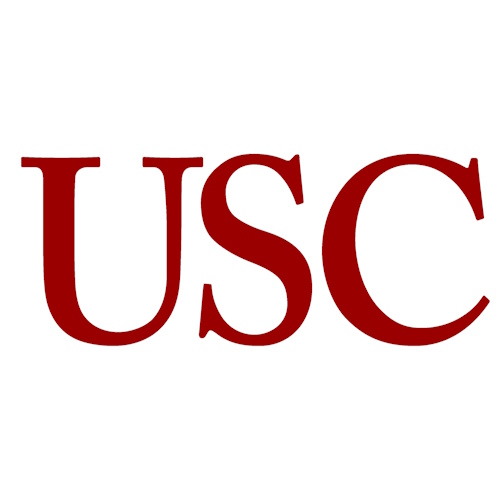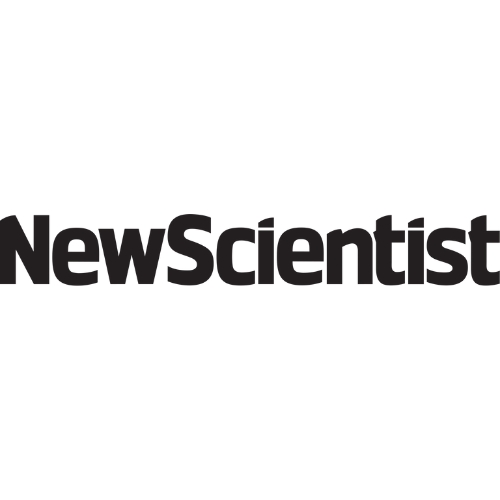Key points from article :
A genetically modified herpes virus known as RP1 is showing promising results in treating advanced melanoma, one of the most aggressive forms of skin cancer. In a clinical trial involving 140 patients who had not responded to standard therapies, RP1 was injected directly into tumours alongside nivolumab, an immune-boosting drug. The treatment led to tumour shrinkage in 30% of patients—and in half of these cases, the tumours disappeared entirely. The lead researcher, Gino Kim In of the University of Southern California, noted the remarkable rate of complete responses and the relatively mild side effects compared to existing treatments.
RP1 works in two key ways: it infects and destroys cancer cells directly and triggers a broader immune response to seek out and eliminate tumours throughout the body. This virus is an enhanced version of the herpes simplex virus, designed to better spread within tumours and provoke a stronger immune reaction. Unlike its predecessor T-VEC—the only currently approved cancer-killing virus, which is limited to surface-level tumours—RP1 can be injected into deeper tumours, making it more versatile for patients with advanced disease.
Although a larger trial involving 400 patients is ongoing, the U.S. Food and Drug Administration (FDA) may approve RP1 for use with nivolumab by the end of the month. If approved, RP1 could become the second oncolytic virus authorized in the US and Europe and is expected to spark renewed enthusiasm for using genetically engineered viruses to fight cancer.






